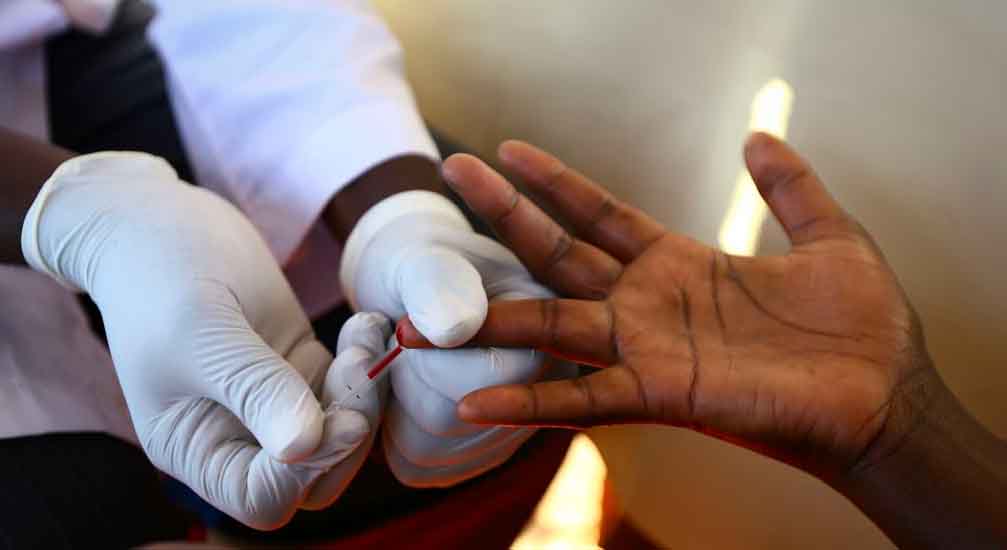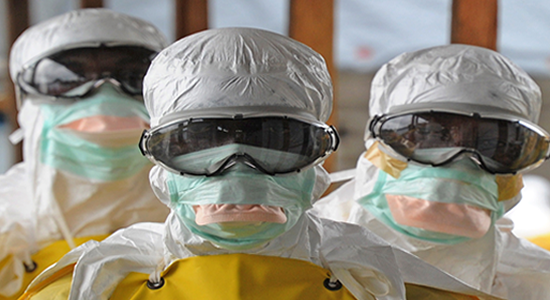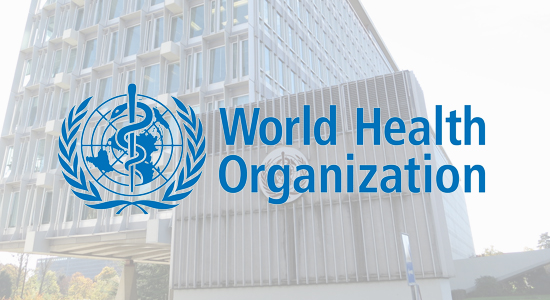COVID-19: Bio-Resources Institute Discovers Possible Drug For Treatment
The Bio-Resources Institute of Nigeria (BION) President, Prof. Maurice Iwu has on Monday disclosed that he has discovered a possible drug for the treatment of the coronavirus (COVID-19).














